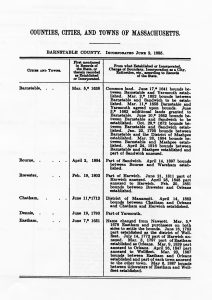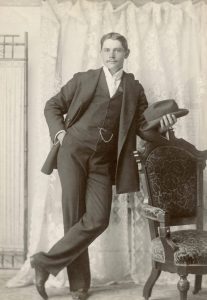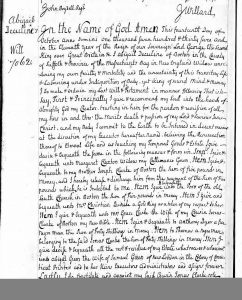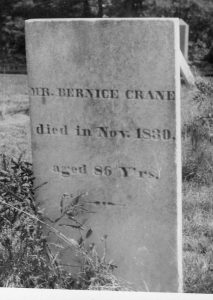 I am in the last phases of preparing eight new Early New England Families Study Project sketches for publication on americanancestors.org in the next week or so. I will give full details about each in an upcoming post.
I am in the last phases of preparing eight new Early New England Families Study Project sketches for publication on americanancestors.org in the next week or so. I will give full details about each in an upcoming post.
First, I have to create the indexes. Indexing a database for the NEHGS website involves a lot more than a simple name or place index. Using an Excel spreadsheet, there are nineteen fields of information to be entered for each record. Most are self-explanatory, but I have added a few notes for those that may not be: Continue reading Creating an index



